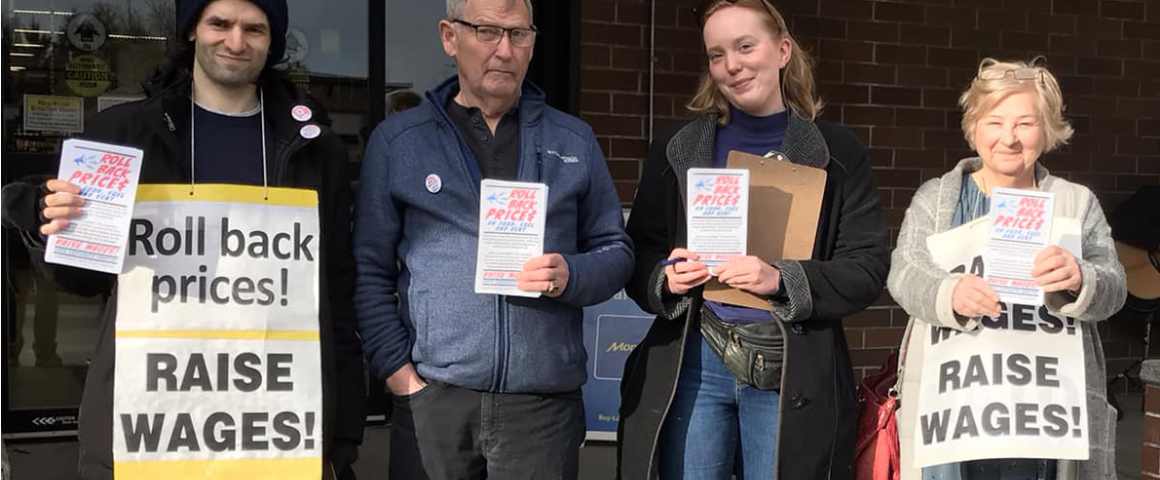By JP Fortin
On July 4, Statistics Canada published first quarter 2023 report on income, consumption, savings and wealth of people in Canada. The figures unequivocally confirm that “the gap between rich and poor is widening at the highest rate ever recorded.”
Income inequality between the richest and poorest households increased between 2022 and 2023, with the poorest families seeing their income grow less quickly than the average. Income from self-employment fell by almost 7 percent and the share of income from government benefits increased by about 50 percent for these households. Also, rising interest rates have caused the poorest to lose an average of $500 in 2022 in additional credit card costs.
For the wealthiest, these new costs were offset by an increase in investment income which enabled average net gains of nearly $1,200 for the same period. This group also saw their savings grow for a fourth consecutive year, by an average of more than $13,500.
Hit hard by the rising cost of living, middle-income households saw their savings decline by an average of $1,306 in 2022. The poorest have lost an average of $8,289 in savings over the same period – an amount that risks being added to the debtloads of these households.
The richest 20 percent of people in Canada currently own nearly 70 percent of the country’s wealth. The poorest 40 percent share a meager 2.7 percent. The impoverishment of the poorest people is the main reason that the inequality gap is widening at the fastest rate ever recorded in Canada. This inequity hits young people and new immigrants the hardest. The debt-to-income ratio for people under age 35 crossed the 200 percent mark this year. That of people aged 35-45 reached 276 percent, up 17 percent over the previous year.
This situation has huge consequences, as it leads to the impoverishment of an increasingly large part of the population. In addition, the constant attacks on public services, the financialization of the rental market and the repercussions of rising interest rates contribute to increasing the burden of inequality which is becoming heavier and more deadly. For the government, the chambers of commerce and employers, the solution is to grant even more money and concessions to those who already have it, with less in workers’ hands and more social inequity.
This is not a situation that can be solved through legislation and temporary relief measures. Structural inequalities and the concentration of wealth in the hands of a small number of haves are fundamental elements of the capitalist system. Working people need to question this system and demand its replacement by socialism.
Get People’s Voice delivered to your door or inbox!
If you found this article useful, please consider subscribing to People’s Voice.
We are 100% reader-supported, with no corporate or government funding.




